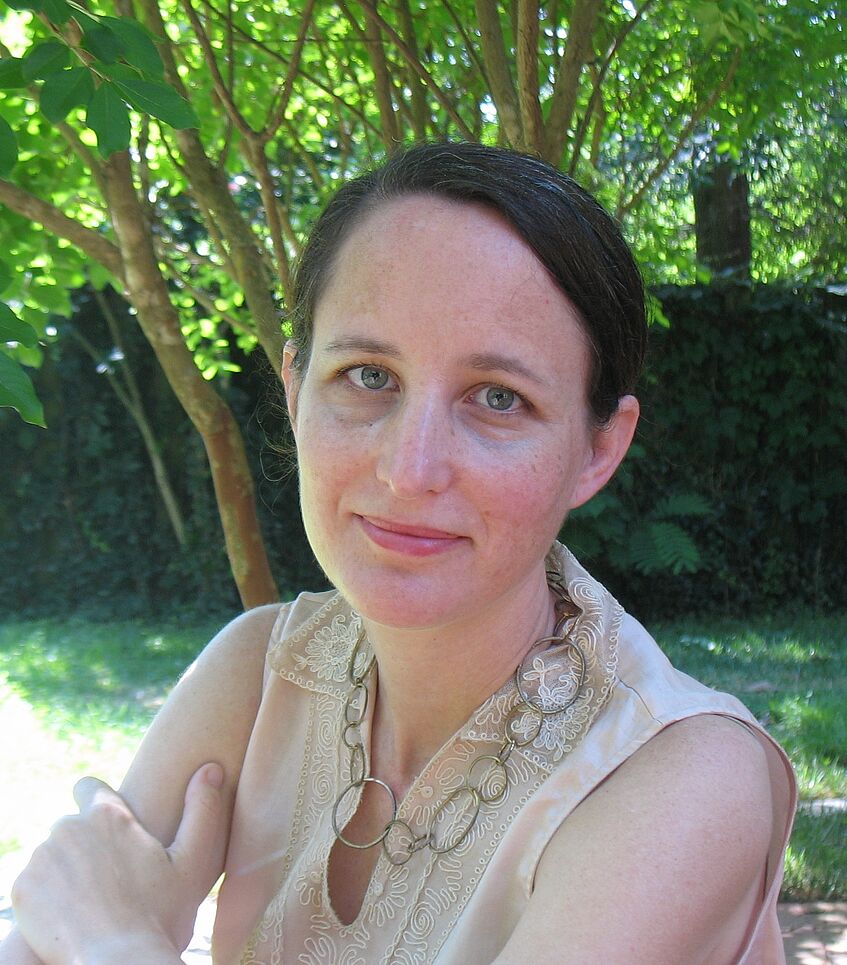10th Gerald Stourzh Lecture on the History of Human Rights and Democracy
Sophia Rosenfeld
Human Rights and the Idea of Choice
23 May 2018
Kindly supported by the Future Fund of the Republic of Austria

Sophia Rosenfeld is Walter H. Annenberg Professor of History at the University of Pennsylvania, where she teaches European intellectual and cultural history with a special emphasis on the Enlightenment, the trans-Atlantic Age of Revolutions, and the legacy of the eighteenth century for modern democracy. Among her further research interests are the history of the emotions and the senses, of free speech, dissent, and censorship, of aesthetics, of political language, of epistemology, contemporary political theory and feminist theory, and experimental historical methods.
Currently she is writing two books: one on how the idea and practice of choice-making became so central to modern conceptions of freedom, and the other on truth and democracy in historical perspective. She is also co-editing, with Peter Struck, a six-volume book series on the cultural history of ideas since antiquity.
Selected publications: A Revolution in Language: The Problem of Signs in Late Eighteenth-Century France (Stanford University Press 2001); Common Sense: A Political History (Harvard University Press 2011; also translated into French and Korean).
Homepage of Sophia Rosenfeld
Abstract
This talk will consider the importance of the idea of choice for the development of the modern human rights movement. The notion of freedom entailing the proliferation of both opportunities for choice-making and choices themselves is widely understood to be central to the rise of consumer culture in the West. This understanding of freedom-as-choice should, however, equally be recognized as critical to conceptions of the self that increasingly shaped human rights ideology from the eighteenth century onward. In this talk, I will explore how this came to be by focusing less on key philosophical texts than on the rise of new, quotidian social practices associated with choosing, including both voting (in which one is asked to pick representatives) and couple-based social dancing (in which one is asked to pick potential romantic or marriage partners), that flourished in the wake of the age of revolutions.
